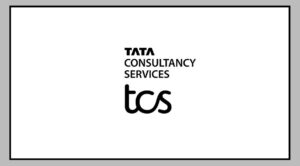With TCS planning to lay off over 12,000 employees, the news has caused concern not only in IT but also in other sectors.
One of the key concerns for employees losing their jobs is the loss of group health insurance, especially for those whose parents are elderly and covered under the company’s plan.
Some Companies Cover Parents in Group Health Policies
Many companies allow employees to include their parents in the group health insurance, while others limit the policy to just the employee, spouse, and children.
If your company covers your parents, this is a major advantage. That’s because getting a separate health insurance for senior citizens is difficult and expensive.
Health Insurance for Seniors Is Hard to Get
Insurance companies are generally reluctant to offer health plans for the elderly. Even if they do, the premium is high, and there’s usually a three-year waiting period for pre-existing diseases.
So, if your parents rely on your company’s health policy, you should consider converting the group policy into a retail policy before your exit.
Buying a New Policy Comes With Drawbacks
You can choose to buy a new policy before you leave the job. But in most cases, pre-existing conditions won’t be covered immediately.
You’ll need to wait three years for that coverage to start. That’s why converting your group policy to a retail policy is a better option.
As per the IRDAI (Insurance Regulatory and Development Authority of India) guidelines, insurers are required to allow a switch from group to individual (retail) cover. The sum insured and benefits will remain the same in most cases.
Waiting Period Credit Carries Over
One of the biggest benefits of switching is that the waiting period credit for pre-existing illnesses is carried forward.
For example, if your current policy has already covered you for two years, your parents will need to wait only one more year under the new policy to get coverage for pre-existing conditions.
This is a major benefit, as it reduces the standard waiting period from three years to just one.
Check the Terms Carefully Before Switching
You should talk to your HR department to understand how to migrate your group health policy to a retail one.
However, make sure to read the terms and conditions of the new policy carefully. Some features available in the group policy may not be included in the retail version.

























